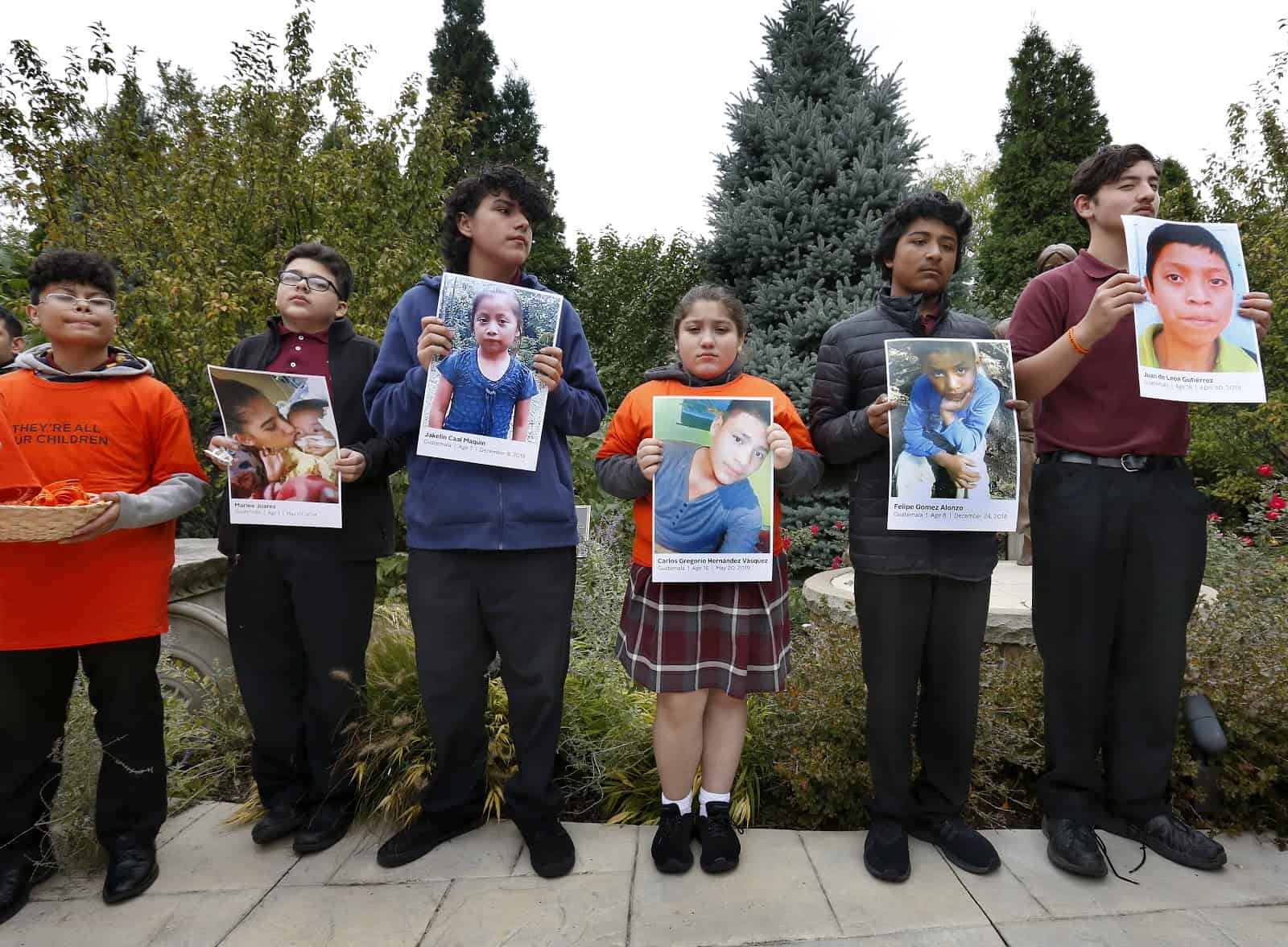A response to “Should A Catholic Support Immigration Reform?” by Brian Strassburger, S.J.
Do we need immigration reform? Absolutely yes. Despite the presence of deep political and ideological divisions in this country, nearly everyone agrees that we need a better solution to immigration. This is the common ground we can begin with. I applaud Brian Strassburger’s commitment to justice and mercy, and his prophetic voice in inspiring us to action.
I agree with Brian’s point that the Border Wall is useless in protecting the border and only serves the purpose of drumming up anti-immigrant sentiment. Further, it is a no-brainer that putting children in cages is an immoral act, and I applaud everyone who protested this heinous act by the government. Also, politicians fomenting hate on immigrants is deplorable and must not be tolerated. We have to respect the human dignity of everyone who arrives here and we need to treat every person as a child of God.
Where Brian and I disagree is how to actualize this desire for mercy and justice into a just immigration policy. Brian does not propose a clear path to achieving this just immigration policy. When he calls for the economically disadvantaged to be given priority, is he suggesting that every poor person who arrives at the border be given entry? Does respecting the dignity of people arriving at the border mean that they need to be automatically granted legal status?
Thus, the core of the issue is not whether we need immigration reform, but what good immigration policy looks like. Since everyone agrees that we do not want open borders, we will have to continue enforcing border control laws. What should these partially open borders look like? If immigrants will need to apply for legal entry when they wish to enter the country, what is to be done if their applications are rejected? Also, what is to be done about the millions who have overstayed their visas in the US? This latter group forms the biggest proportion of illegal immigrants in the country.
I am not a political scientist, nor an economist. Often times, in a complex democracy like ours, the common citizens can put up their hands in surrender when it comes to articulating sound policy. However, in times like the present, strong words need to be complemented by strong actions. This is an attempt at articulating policy for the common person, by a common person.
The first thing we need to address is who gets in. As Brian rightly points out, there is no entry line into the US for the poor. However, if we add poverty to the eligibility conditions for entry into the US, we need to decide who, out of the 3.5 billion people worldwide living in poverty, gets priority to arrive in the US. Obviously not all of the world’s poor will want to come to the US, but we can be sure that a sizeable number will want to. Perhaps the visa lottery could be expanded, trusting that blind chance is the only fair system. The lines to enter the US through legal means are already long, and it is unfair to those standing in these long lines when people get to cut in front of them through illegal immigration.
Secondly, how can we improve the immigration process and reduce the waiting times for those going through the paperwork? The process could be sped up with more immigration judges, who can decide on cases quickly once they have clear guidelines on granting visas and asylum. The long wait period filled with uncertainty does not help neither immigrants who cannot legally work during that time, nor the government who spends millions on detaining innocent people.
Lastly, how do we enforce immigration laws? If we want to have a working immigration system, there needs to be some penalty for living in the US without proper documentation. No enforcement, for all practical purposes, results in open borders. We need to decide about those already here without proper documentation, some of whom have been here for decades, or were brought to the US as children. Obviously, there has to be some form of amnesty granted in the latter cases. The E-verify program could be expanded and guest worker visas could be instituted, making it difficult to hire undocumented immigrants, while at the same time addressing the issues of labor shortage and worker exploitation. If as a last resort an immigrant has to be deported, the US government can make a monetary gift to them, helping to alleviate the burden of restarting their lives in their home countries.
On the other side of the border, we need to address the issues that force people to flee their home countries. This is no easy task. The US government and American businesses need to invest more in the local economies of Central America. A stable prosperous economy in Central America will do more to control immigration than any Big Wall along the border. Besides, the US government has some responsibility in cleaning up the mess it created there through political misadventures in the second half of the 20th century.
It is hard to translate prophecy into policy. Prophecy is the vision that inspires us to action. It helps us orient our moral compass to strive to build that city upon a hill. It is also, frankly, more exciting than policy. But prophecy without policy is in vain. We need practical policy with its nitty-gritty details to help our prophecies and dreams of immigration reform see the light of day.
Catholics cannot be on the fence when it comes to immigration. People are dying as they struggle through poverty, violence, deception, human trafficking, rivers and deserts. As we approach the 2020 elections, let us be inspired by the prophetic call for immigration reform to work for a sound immigration policy in this country.


